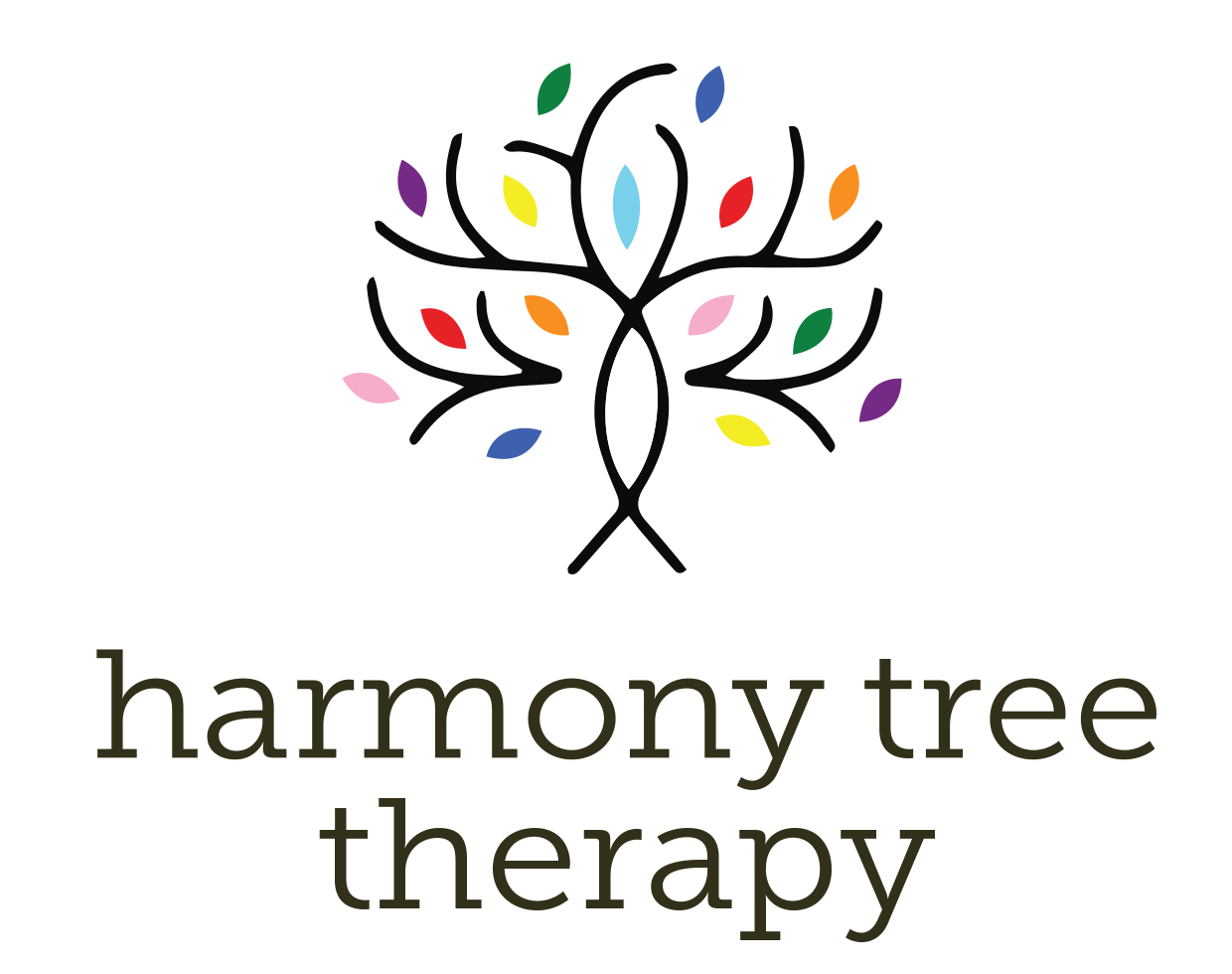Assumptions
Over the last month, I have noticed an overarching theme in my counseling sessions with couples and individuals in relationships: ASSUMPTIONS. Assumptions are often silent drivers
Do you have a healthy or unhealthy body image?
Do you have a healthy or unhealthy body image? How do you know? You may have an unhealthy body image if your self-esteem arises from how you look. If you focus on characteristics o
The Four Horsemen of Couple’s Therapy
Today I wanted to tell you about one of the methods I use for couples’ therapy. It is called the Gottman Method. Briefly, it involves recognizing what they call, The Four Hor
From Classroom to Coupledom: How Staying Calm Can Defuse Conflict
As a former teacher, I learned that staying calm was the key to managing a noisy classroom. Imagine a room full of 35 students talking loudly, ignoring instructions, and creating chaos. Many teachers instinctively raise their voices, but I found this approach to be counterproductive. Yelling often leads to resentment and damages trust, especially for students who associate shouting with negative experiences at home.
Instead, I discovered that lowering my voice and remaining composed encouraged students to quiet down and listen. Speaking softly captured their attention and signaled respect for their feelings, even in moments of misbehavior. This approach not only defused tension but also strengthened the teacher-student bond.
The same principle applies to romantic relationships. During conflicts, it’s easy to mirror an agitated partner’s tone, but this often escalates the argument. Staying calm, speaking softly, and grounding yourself can shift the tone of the conversation, creating space for understanding and resolution.
Here’s why this works:
• Humans Mirror Emotions: We naturally reflect the emotional states of those around us. Your calmness can encourage your partner to follow suit.
• De-escalation: A quiet, steady voice conveys safety and respect, reducing defensiveness and tension.
• Healthy Modeling: Staying composed shows how to navigate disagreements constructively, fostering trust.
Tips for Staying Calm in Conflict:
1. Pause and breathe deeply before responding.
2. Speak slowly and softly to draw attention without escalating.
3. Validate your partner’s emotions to show empathy even if you disagree.
4. Stay focused on resolving the issue while preserving the relationship.
Whether you’re managing a noisy classroom or a tense moment with your partner, calmness is a powerful tool. It fosters mutual respect, strengthens bonds, and sets the stage for healthier, more productive communication.

